Real-Life Heroes: 5 Differently-Abled People Who Defied All Odds to Crack UPSC
Today, we bring you stories of five differently-abled Indians who beat all odds to crack one of the toughest examinations in the country, the Union Public Service Commission (UPSC) exams.
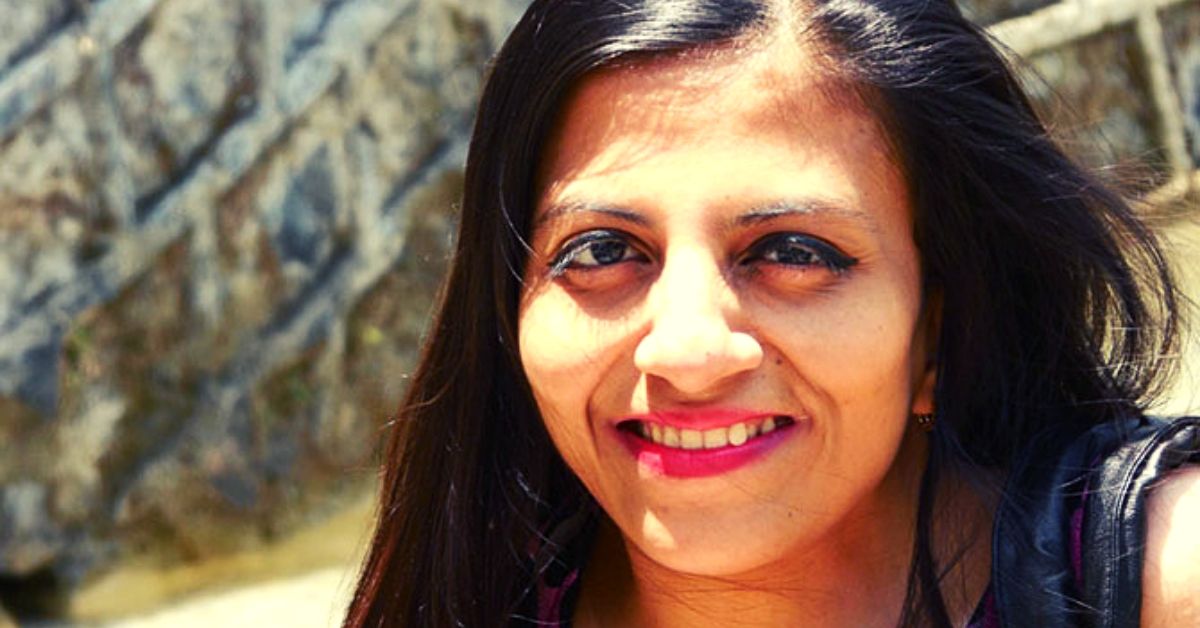
Success only comes to those who work hard and create a niche for themselves, despite any failures or lack of resources.
Today, we bring you stories of five differently-abled Indians who beat all odds to crack one of the toughest examinations in the country, the Union Public Service Commission (UPSC) exams.
1. Ira Singhal, 2014, AIR 1
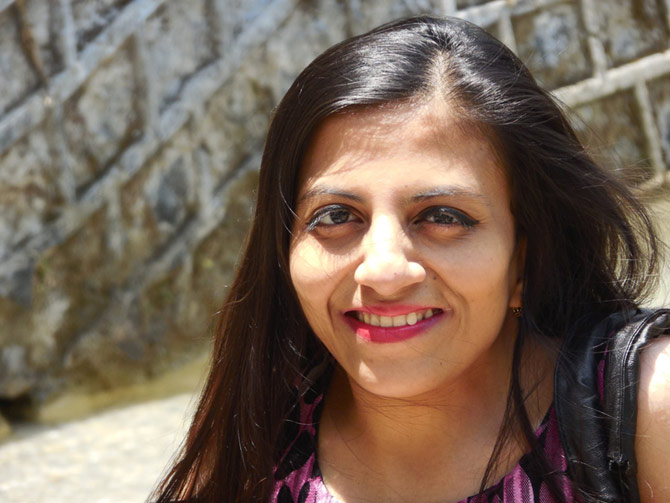
Hailing from Delhi, Ira topped the exam in her fourth attempt in 2014. She became the first physically-challenged woman to top the civil services exam in the general category.
But this wasn’t the first time she had cleared the exam. In 2010, Singhal was denied a post despite clearing the exam, due to her 62 per cent disability owing to scoliosis. It was a spine-related disorder that affected both her arms.
Authorities stated the disability wouldn’t allow her to pull, push, and lift heavy packets, an ability they considered necessary for the Indian Revenue Services (Customs and Central Excise).
But Ira did not give up.
She led a four-year fight in the Central Administrative Services to earn her posting in December 2014. Speaking to the Hindustan Times, after the 2014 exam results, she had said, “Irony is that on medical and physical grounds, I am not eligible to be an IRS, a clerk or even a sweeper, but the rules do allow me to become an IAS (officer).”
She added how, as an IAS officer, she would focus on empowering women, children, and the physically challenged.
“I want to say to everyone, let your daughters study and work. Let them go out in the world and make something of their lives,” Singhal said.
Read her journey here.
2. Kempa Honnaiah, 2016, AIR 340
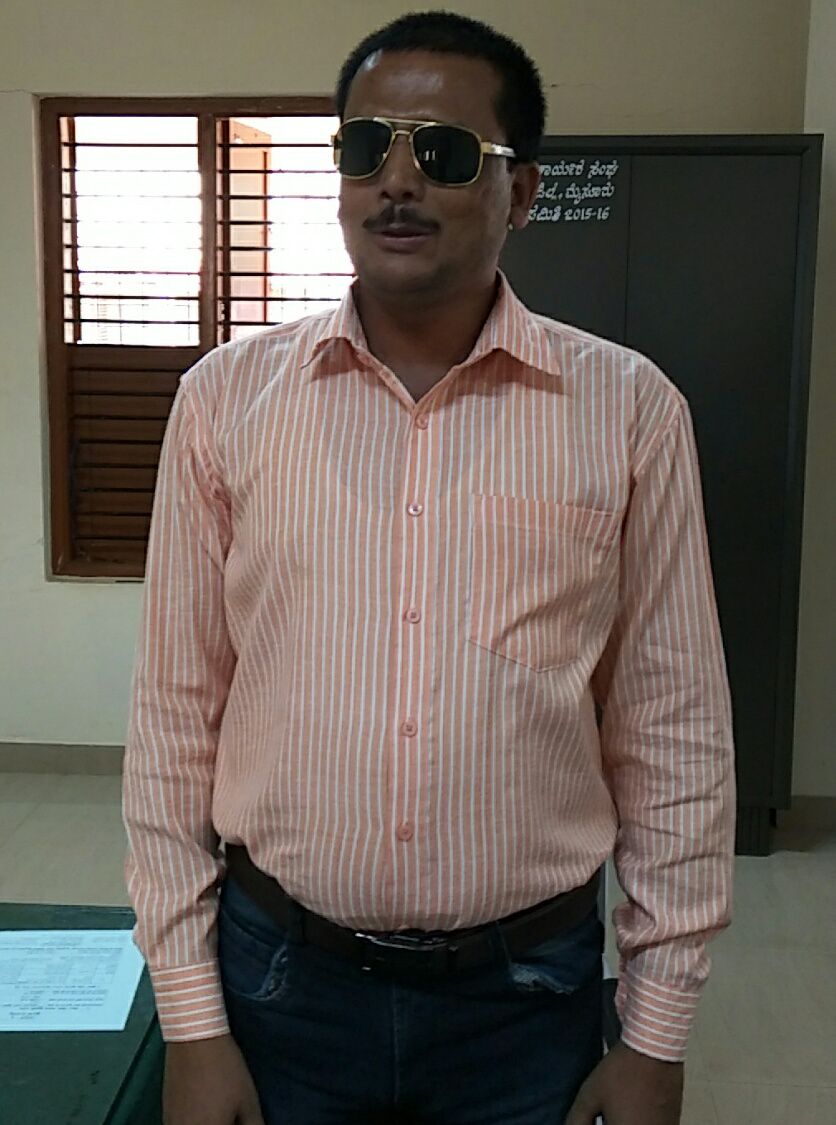
He was born to Honnaiah and Muniyamma from Chowdanakuppe village, Tumakuru district, Karnataka. In Class 3, retinal damage snatched his eyesight. After dropping out for a while, he completed his education from the government blind school in Mysuru. He graduated from Maharaja College and went on to complete his masters from Karnataka State Open University (KSOU), and his MPhil from Kannada University, Hampi. Kempa Honnaiah later became a Kannada lecturer at Vontikoppal Government PU College in Mysuru.
He became a household name after securing the commendable rank of 340 in the Civil Services Examination (CSE) conducted by the UPSC. He cracked the exam in his third attempt in 2016, without any special coaching.
At the felicitation ceremony, he attributed his success to his wife and friends, speaking to Deccan Herald saying, “My wife, Anchita, has been a pillar of support all along. She helped me read, make notes and made me listen to recordings. She is the main force behind this achievement. She is the real IAS officer here.”
Fondly known as ‘Kempa IAS’ by his doting sons, he said, “I want to concentrate on creating more opportunities for the differently-abled after getting my posting. I will go wherever I am posted.”
Read more about his journey here.
3. Balalatha Mallavarapu, 2016, AIR 167
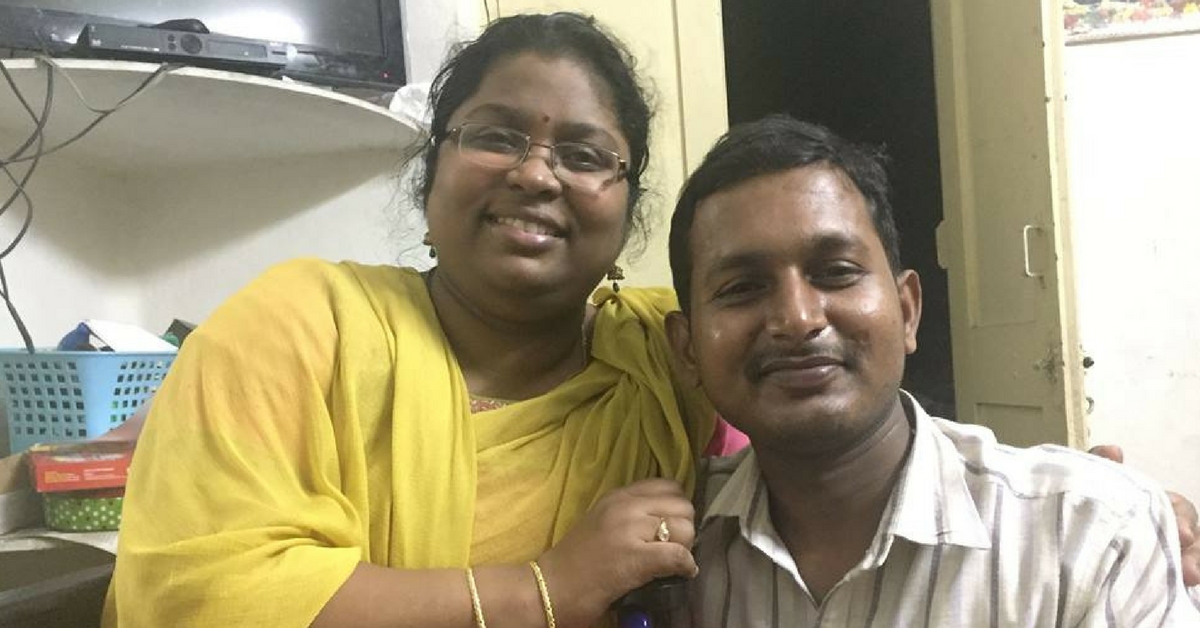
In 2017, Gopala Krishna Ronanki secured the third place in the coveted UPSC exams. He was mentored by Balalatha Mallavarapu, who secured a rank of 167 in 2016.
She had attempted the exams previously in 2009 and secured a rank of 399 to join the Indian Defence Services.
Hailing from Nagole, Hyderabad, Balalatha has also been helping aspirants get into civil services alongside her profession. She mentors those who can’t afford expensive coaching classes.
“My aim is to provide guidance and training to more people rather than become an IAS officer,” she told The Times of India.
Read more about her journey here.
4. Satendar Singh, 2018, AIR 714
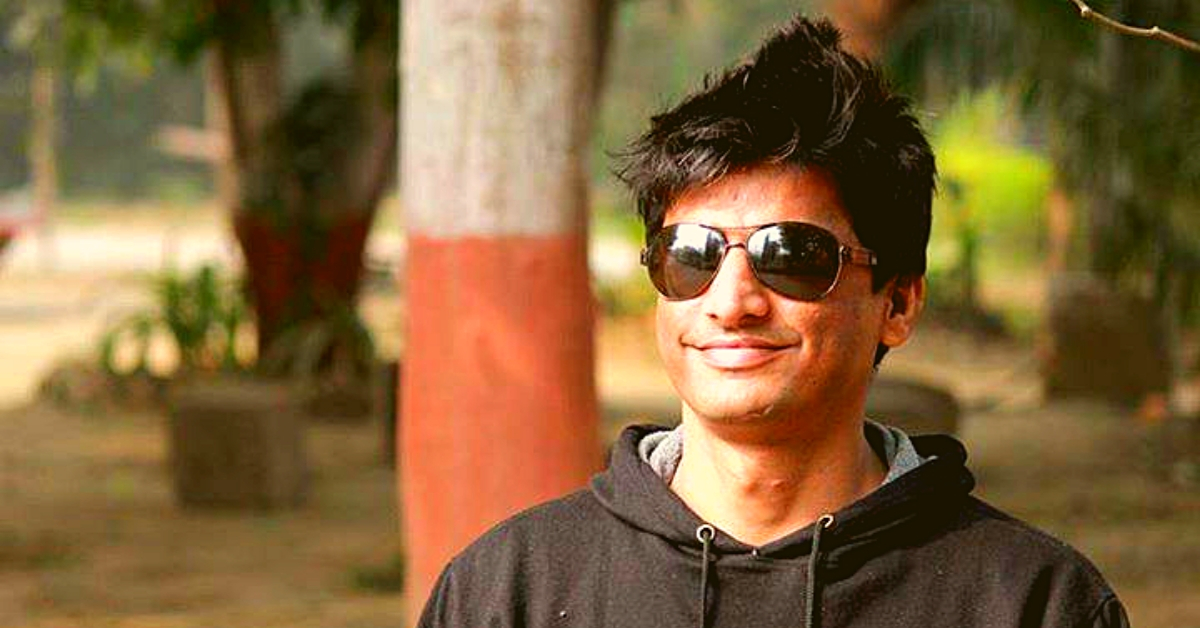
Hailing from Amroha district in Uttar Pradesh, Satender scored an All India Rank of 714 in the coveted Union Public Service Commission (UPSC) Examination in 2018.
He was 1.5 years old when he contracted pneumonia. When his parents took him to a local hospital, he was administered a wrong injection. The damage to his retina and optic nerves caused him to lose his eyesight.
However, he went to the Hindi-medium Government Senior Secondary School for Blind Boys in the Kingsway Camp area in New Delhi.
When he was enrolled for BA at Stephen’s College in New Delhi, he faced new challenges. One of which was his inability to speak and understand concepts in English. Some suggested he drop out or switch courses, but Singh taught himself English within a year. He completed his Masters in International Relations and enrolled for MPhil at Jawaharlal Nehru University (JNU). He also started teaching at the Sri Aurobindo College, Delhi University, and decided to write the civil services exam.
He did not clear his first UPSC attempt in 2016. Merely a month or two before writing the Mains paper in October 2017, he was afflicted by a severe intestinal infection. The long recuperation slowed his preparation.
The faith and support of his friends and girlfriend pushed him back on his feet. “My friend, Sachin Chandel, told me to cheer up, saying these would be the stories I would share one day, once I crack[ed] the exam,” he told The Better India.
In a message to aspirants, he said, “By cracking the civil services exam, I wanted to prove that a body, with its physical limitations, is never an obstruction in the realisation of your goals. Notions of disability or able-body do not define who you are.”
Reach his story here.
5. Jayant Makale, 2018, AIR 923
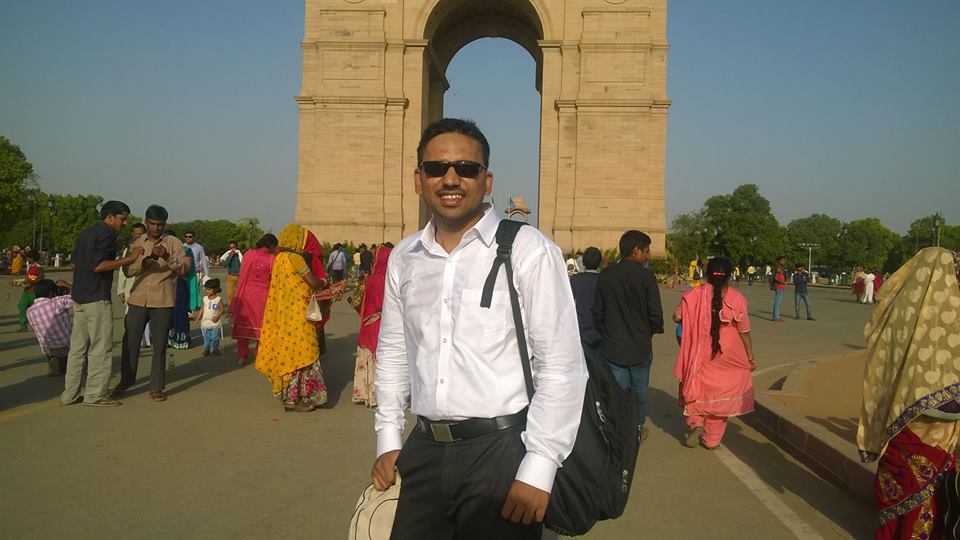
In 2014, Beed-based Jayant Mankale lost 75 per cent of his vision to retinitis pigmentosa. He began preparing for the UPSC without any coaching. He lost his father, whose pension of Rs 7,300 hardly helped pay off his college loan. His mother and sister had to take to selling homemade spices, pickles, and other food items to make ends meet.
Speaking to HT, Mankale had said, “I could not afford audio books or a screen reader. Therefore, I started listening [to] various debates on the radio, Lok Sabha and Rajya Sabha TV. I took pictures of pages through my mobile and often zoomed in to read them. I have never read a National Council of Educational Research and Training (NCERT) book, and I couldn’t use hand-written notes, which made preparation very difficult.”
When he approached Pravin Chavan and Manohar Bhole for guidance, they readily extended their support and helped him for free.
His hard work and the support of his family and wellwishers paid off when he secured the All India rank of 923 in his fourth attempt in 2018.
Read more about him here.
You May Also Like: 22-YO Son of Petrol Pump Worker Beat All Odds To Crack UPSC in 1st Attempt!
Think these stories could motivate other UPSC aspirants? Share it with them or tag them in the comments.
(Edited by Shruti Singhal)
Like this story? Or have something to share?
Write to us: [email protected]
Connect with us on Facebook and Twitter.
If you found our stories insightful, informative, or even just enjoyable, we invite you to consider making a voluntary payment to support the work we do at The Better India. Your contribution helps us continue producing quality content that educates, inspires, and drives positive change.
Choose one of the payment options below for your contribution-
By paying for the stories you value, you directly contribute to sustaining our efforts focused on making a difference in the world. Together, let's ensure that impactful stories continue to be told and shared, enriching lives and communities alike.
Thank you for your support. Here are some frequently asked questions you might find helpful to know why you are contributing?













